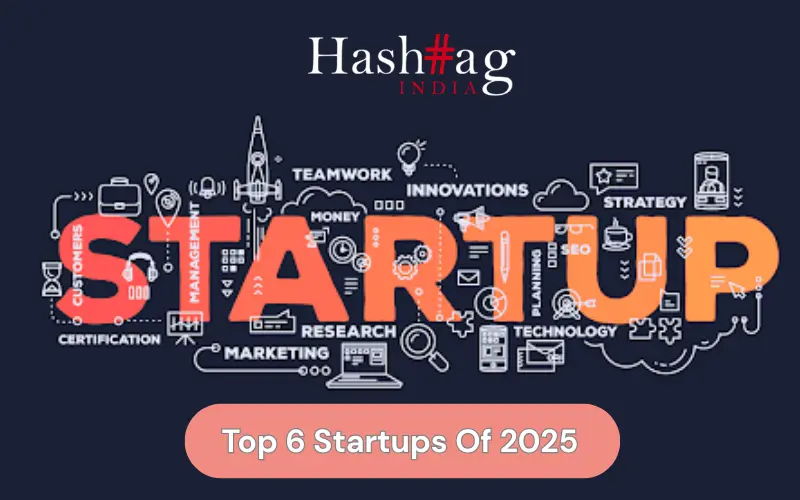In the past few years, the Indian education system has witnessed a major transformation, thanks to technology. With EdTech startups, traditional methods of teaching are slowly but surely making way for innovative techniques. These startups have created a lot of buzz in the education industry, and it is now easier and far more accessible for students to get quality education. Dhanush Kumar takes a closer look at how technology is transforming education in India.
What are EdTech Startups?
EdTech stands for Educational Technology, and some companies use technology to revolutionize the education industry. The main aim is to provide students with a more personalized and engaging learning experience while making education more accessible, easy, and affordable. These startups use a variety of tools like mobile apps, online courses, and e-learning platforms to achieve this major goal.
How is technology transforming education in India?
- One of the biggest advantages of technology in education is that it has made education more accessible. Right now, everybody has a smartphone and data. With the help of online courses and e-learning platforms, students can learn from anywhere in the world, and at any time. This is especially beneficial for students who are in remote areas and may not have access to get quality education.
- Another major benefit is that it allows for a more personalized learning experience. Students can learn at their own pace and focus on the topics on which they can improve. This can significantly improve their learning outcomes and make education more fun and engaging.
- Technology has also made education more engaging, with the help of interactive tools like videos, simulations, quizzes, and more. This can help students have a better learning experience and make learning easy and increase retention rates as well.
- Technology has also made education more affordable, with the help of online courses and e-learning platforms, quality education has become less expensive than traditional methods of learning. This makes education more accessible to a wider range of students.
EdTech Startups In India
- BYJU’s is one of the most well-known EdTech startups in India. The company provides online courses for students from kindergarten to 12th grade, as well as tough competitive exams like UPSC and CAT.
- Unacademy is an online learning platform that provides live classes and online courses for students preparing for competitive exams such as UPSC, CAT, and JEE.
- Vedantu is an online tutoring platform that provides live classes for students in grades 1-12, and the platform also offers coaching for competitive exams such as JEE and NEET.
Conclusion
Technology is transforming education in India, and EdTech startups are playing an important role in this transformation. The rise of EdTech startups in India is a clear indication that the education industry is ripe for disruption, and we can expect to see more innovative solutions in the future.































